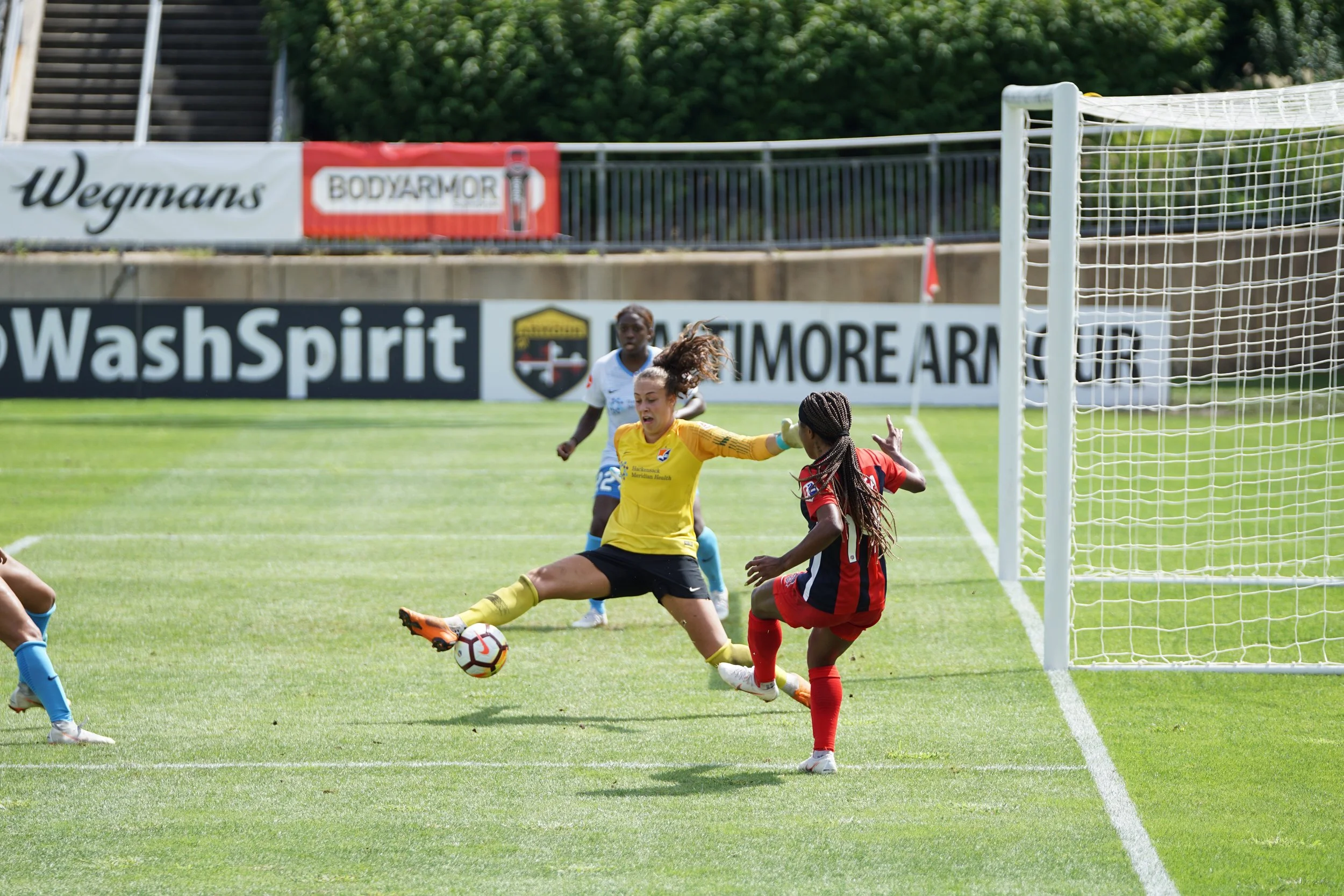Stacey walked up to our outreach signs looking curious. We were standing on a busy walkway at Palomar College (CA) in December. I asked a few questions about her thoughts on abortion, and she clarified that she thought abortion should be legal until birth. Here’s my recollection of the rest of the conversation:
Steve: Do you believe abortion should be legal because you believe a woman has a right to her body?
Stacey: Yes. A woman’s right to her body is really important to me.
Steve: I agree that a woman has a right to her body, generally speaking, and I agree that’s really important. Women’s bodily rights have been trampled on and continue to be trampled on throughout the world with practices like slavery, rape, and domestic violence. I think those things are horrific and wrong.
Palomar College Outreach in December 2022: Steve (center, black shirt) and other JFA staff members interact with students.
Stacey: I agree.
Steve: Do you agree with me that a woman’s bodily rights are not simply created or determined by the state? Instead, they’re fundamental. They’re like other human rights. If the state didn’t protect those rights, the state would be wrong.
Stacey: Yes, that’s true.
Pages 4-5 of JFA’s Invitation to Dialogue Brochure.
Steve: I have some pictures over here that might be helpful to our conversation. [I showed her the signs that show pages four and five of the Invitation to Dialogue Brochure.] Look at this young woman pictured here. Can we agree that she has bodily rights that the state should respect?
Stacey: I agree with that.
JFA’s setup at the National Mall on April 26-27 included the signs Steve referred to in his conversation with Stacey.
Steve: Now, what about this toddler? I assume we would agree he shouldn’t be killed. Can we agree he has bodily rights that are fundamental?
Stacey: Yes.
Steve: So the woman and the toddler have the same bodily rights. And those rights are fundamental, so the situation would have to reach a really high bar to justify limiting something so important as a person’s bodily rights. Perhaps the only legitimate way the state could limit those rights is if these people were using their bodies to take away someone else’s bodily rights.
Stacey: That’s a good point.
Steve: Does it make sense to you that if their rights are fundamental, they had them from the moment they began to exist? When did this toddler begin to exist?
Stacey: That makes sense, but I guess I’m not sure. What do you think?
Steve: Well, from fertilization [pointing at image on sign], when the sperm and the egg came together, both ceased to exist, and a new organism came into existence. All that’s been added from then until the toddler stage is food. If we have something as important as fundamental human rights now, I don’t think we could gain those rights by eating. So, I think the woman and the toddler began to exist at fertilization, and that’s also when they gained their fundamental right to their bodies. But that would mean that the embryo has a fundamental right to his body just like the toddler and the woman.
Our conversation continued for ten minutes or so. (Indeed, Stacey contributed much more detailed responses than what my memory has allowed me to include here.) We discussed how the embryo is very different from us (in looks and functions) but is also the same kind of being that we are—a being with the same human nature we have. If this is true, the woman’s fundamental right to her body would not include the right to abortion, because then abortion would be killing a human being with the same bodily rights.
As Stacey got ready to move on from the conversation, she eagerly accepted a copy of the Invitation to Dialogue Brochure that included the same pictures we had been discussing. What she said in parting really surprised me:
Stacey: I never thought about the fetus as a separate person—that it has its own rights we would be taking away. I’ll have to think about that!
At the beginning of this conversation, Stacey sounded completely pro-choice, and frankly, I think I suspected she wouldn’t have much interest in an alternative opinion. She showed the exact opposite throughout our conversation. It’s a lesson I’ve learned again and again: Don’t make assumptions from appearances.
As I found common ground with Stacey repeatedly about bodily rights, showing relational sensitivity to the emotionally heavy topic of what a woman can do with her body, I think she became open to my perspective about the unborn child. That’s the sequence we teach any chance we can: Be relational…then be intellectual. That approach helped Stacey to consider the possibility there was a whole other person involved in the abortion question, and she showed genuine interest in thinking further about that.
Jan. 2025 Update: Note that this letter is the second of a series of three letters Steve wrote from February 2023 until March 2024 - letters focused on conversations skills we teach volunteers that help them get started having conversations and encourage them to stay active. Here are links to the series, including this letter, so you can see how it fits in the flow of thought:
“Be a Playmaker” (Feb. 2023): on the importance of setting the right expectations for results and seeing your advocacy as one piece of a bigger puzzle
“Thinking about the Unborn Child for the First Time” (this letter, May 2023): on being relational then intellectual
“Be Relational…then Be Intellectual” (Sept. 2023): on how this approach applies to every topic in every conversation
“Only Two Questions?” (March 2024): on the two clarification questions that can help you make an impact in any conversation




